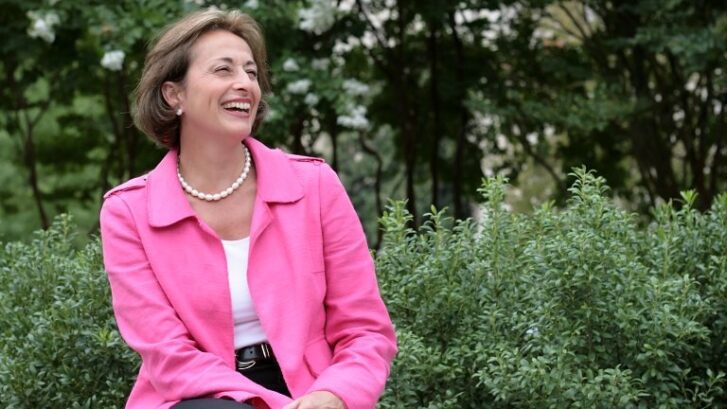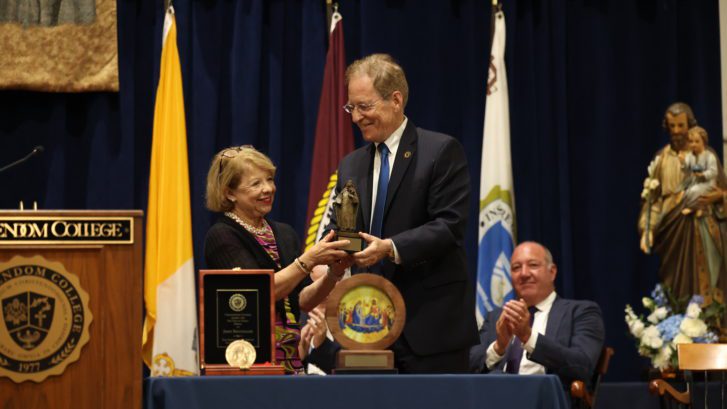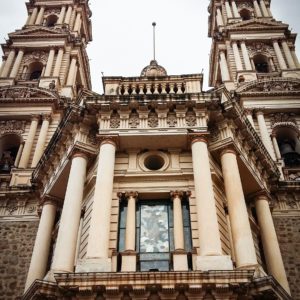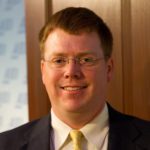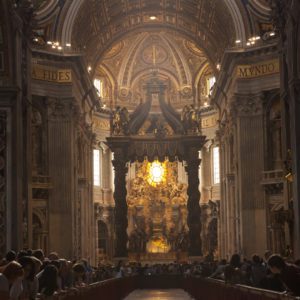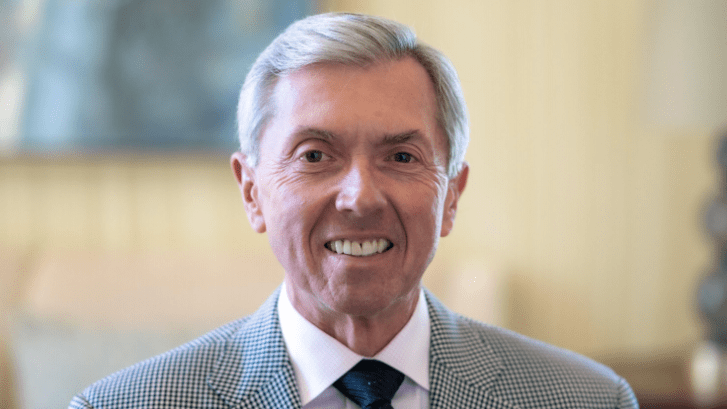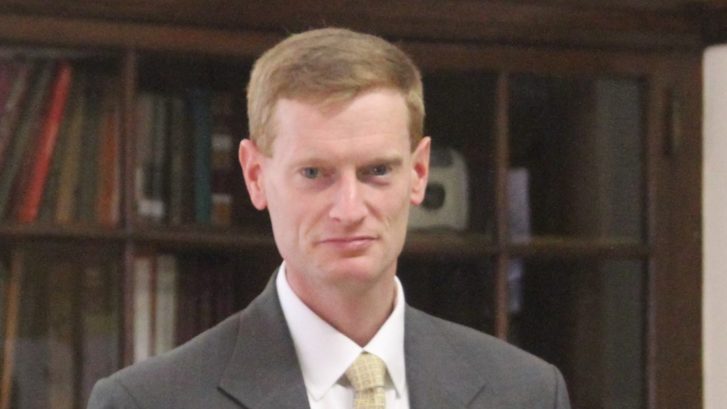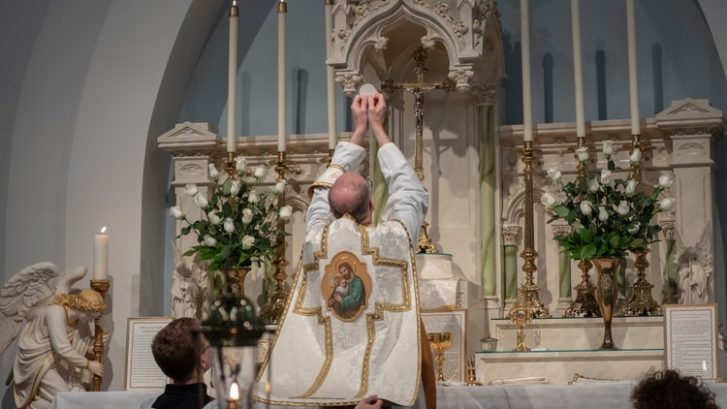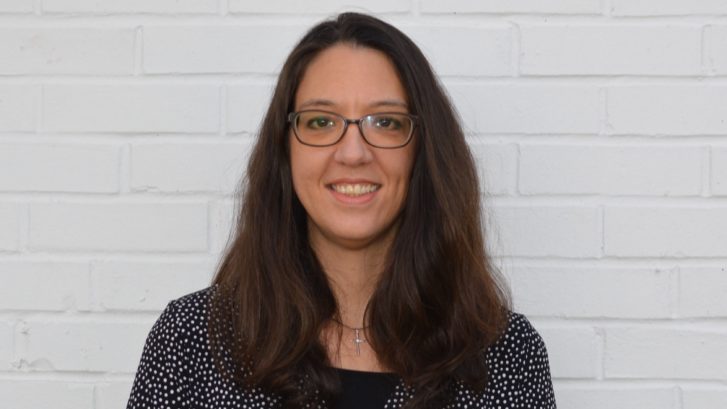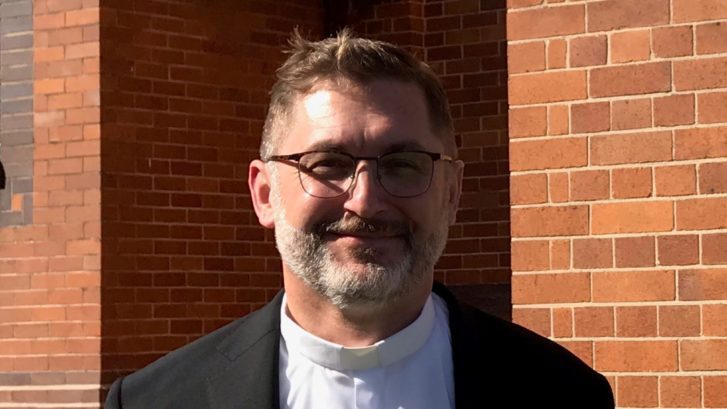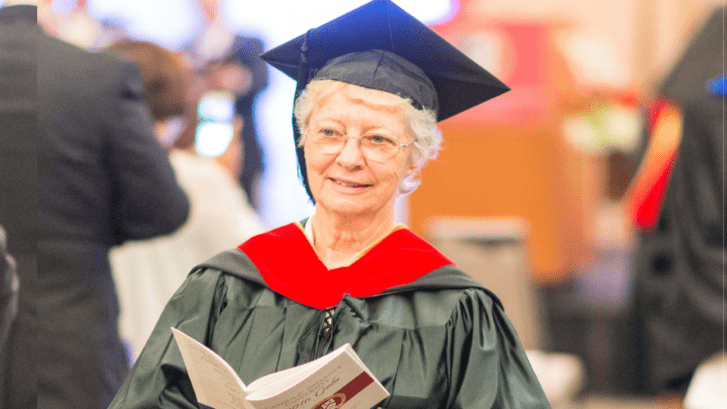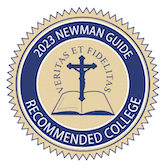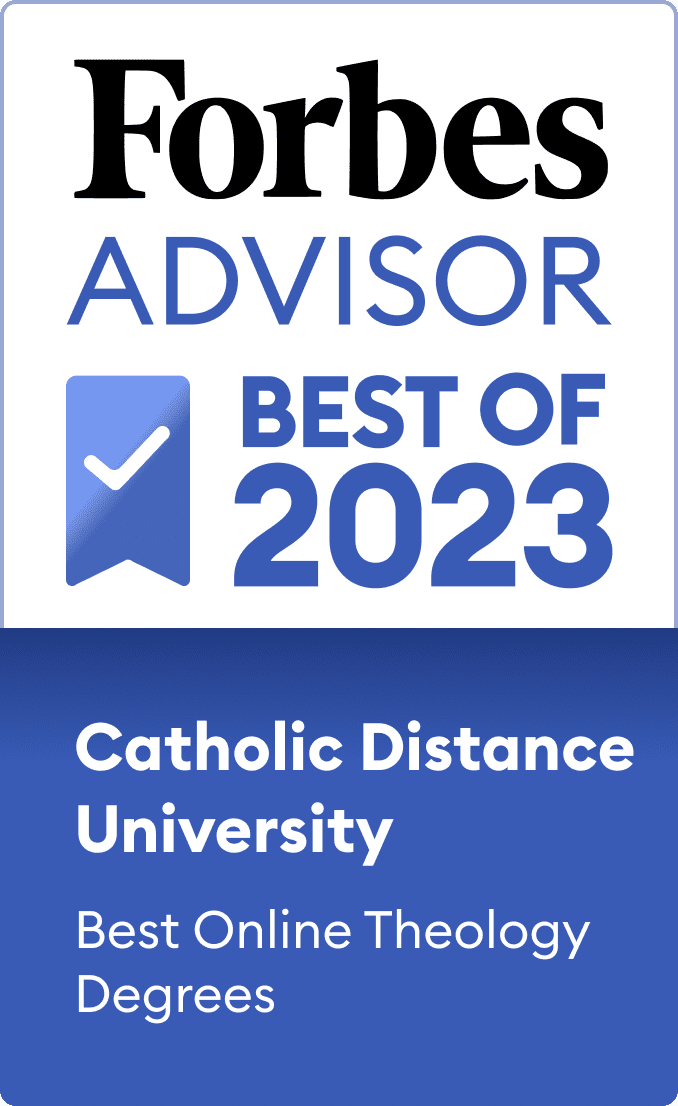New President Appointed
The Honorable Maria Sophia Aguirre, Ph.D., a distinguished Ordinary Professor of Economics and researcher in the field of finance, family, and economic development, was appointed the third President of Catholic Distance University on July 1, 2023. The university’s Board of Trustees unanimously elected Dr. Aguirre following a national search launched after longtime President, Dr. Marianne Evans Mount, announced her wish to retire at the end of the 2022–2023 academic year.
A tenured faculty member at The Catholic University of America, Dr. Aguirre has 30 years of teaching and research experience, while holding leadership positions at the academic program level, department and school levels, as well as the university at large. She was a Fulbright scholar in 2012–2013.
After completing Accounting and Business Administration degrees in Argentina, Dr. Aguirre worked in accounting and commodities trading in Chicago for several years before earning an M.A. and then a Ph.D. in Economics from the University of Notre Dame with concentrations in monetary and fiscal policies and international financial markets. She has represented countries, including the Holy See, in international organizations, and served the U.S. President and Secretary of State as a presidential appointee confirmed by Congress in the capacity of Commissioner and Adviser for two presidential terms. Dr. Aguirre has testified before Congress in the U.S. and in several other countries, and has lectured and published extensively both domestically and internationally.
Since leaving government, Dr. Aguirre has worked to develop and implement Integral Economic Development (IED), an interdisciplinary approach to economic analysis that recognizes the role of social relationships—first manifested by the family—as key drivers of economic activity. Dr. Aguirre’s research, and the two master’s degree programs in Integral Economic Development she founded, have led to successful collaboration with a variety of business leaders, academicians, technologists, and policy makers on six continents, improving the lives of millions of people in the developing world. She is currently on leave at the University of St. Thomas in Houston conducting research on the application of IED to artificial intelligence and virtual reality.
“In searching for a successor to our great President, Dr. Marianne Mount, CDU struck gold in recruiting Dr. Aguirre,” said CDU’s Board Chair, Stephen Pryor. “Sophia Aguirre is a visionary academic leader with a track record of successful academic innovation, as well as pioneering economic research that is Catholic Social Teaching (CST) in action. As CDU implements its new CST curriculum in the U.S. and Latin America, her international experience, fluency in Spanish, and research background will be game changers,” Mr. Pryor said.
Marianne Mount Lauded for Leadership
President Dr. Marianne Evans Mount has served CDU for 40 years. Under her leadership, CDU has grown from a catechetical institute with a staff of two to the world’s only exclusively online Catholic university, with accreditation from the Higher Learning Commission and The Association of Theological Schools. Dr. Mount served as Education Director from 1983 to 1985, Executive Director from 1985 to 1996, Executive Vice President from 1997 to 2008, and as President since 2008 after earning her Ph.D. at Virginia Tech.
Under Dr. Mount’s leadership, CDU is implementing an innovative new curriculum in Catholic Social Teaching, enabled by the largest grant received in the university’s history, as well as new academic partnerships that will foster enrollment growth and offer students an expanded range of academic programs.
In reflecting on the contributions of President Mount, Mr. Pryor noted that “Marianne Mount has been a remarkable servant leader who has devoted her entire professional career to advancing the mission of CDU. Under her leadership, CDU has built a reputation as a pioneer in online theological education that is completely faithful to the teachings of the Church. Dr. Mount was recently appointed as a consultor to the Vatican’s Dicastery for Culture and Education in recognition of her many contributions to the innovative realm of Catholic distance education. As she hands over the reins to Dr. Aguirre, the CDU community looks forward to an exciting future as a global trendsetter in online Catholic education.”
Dr. Aguirre’s vision for CDU builds on the foundation laid by her predecessor. “Under the leadership of Dr. Mount, the university has forged an impressive path and is now positioned for growth that will include curriculum development in mission-related fields, a larger global footprint, and a new agenda of institutional research through CDU’s proven online pedagogy. I am honored, grateful, and humbled by this opportunity to lead CDU on the next stage of its journey,” she said.
FOR MORE INFORMATION, CONTACT: Mary Kate White, Director of Communications, Catholic Distance University, 300 S. George St., Charles Town, WV 25414 mwhite@cdu.edu; 304-724-5000, ext. 717. To learn more about CDU, visit cdu.edu.

